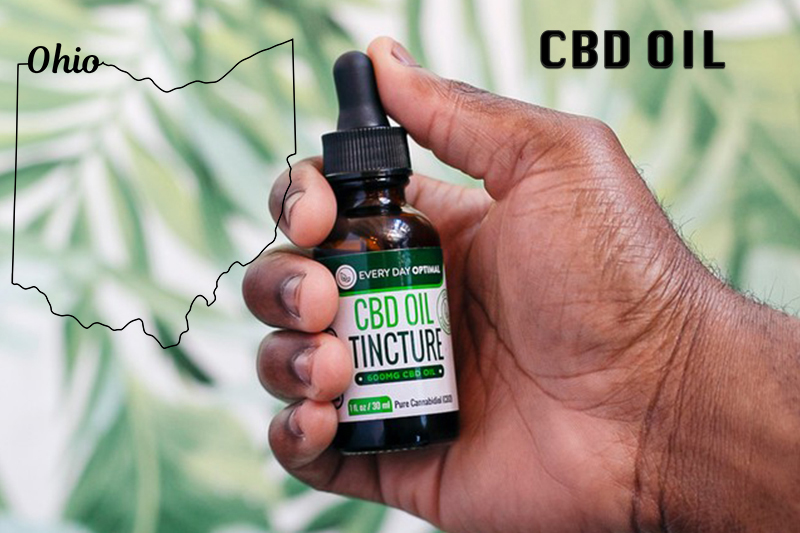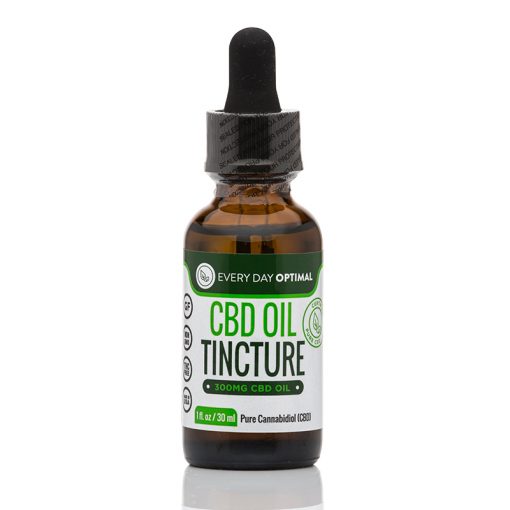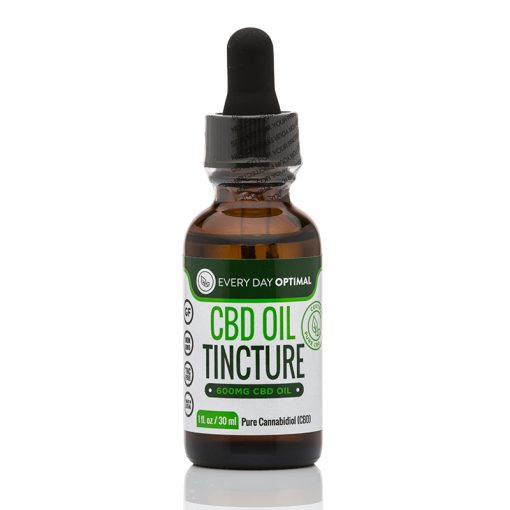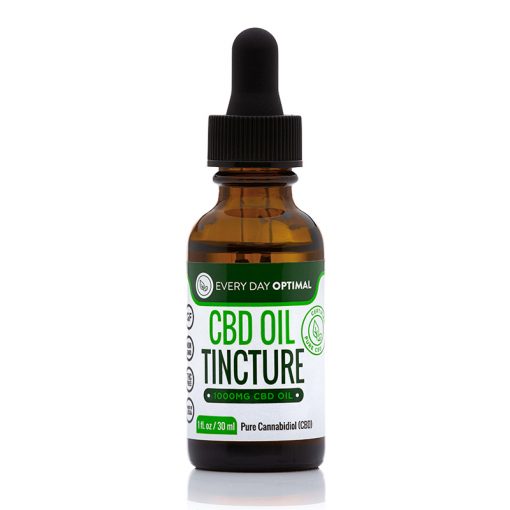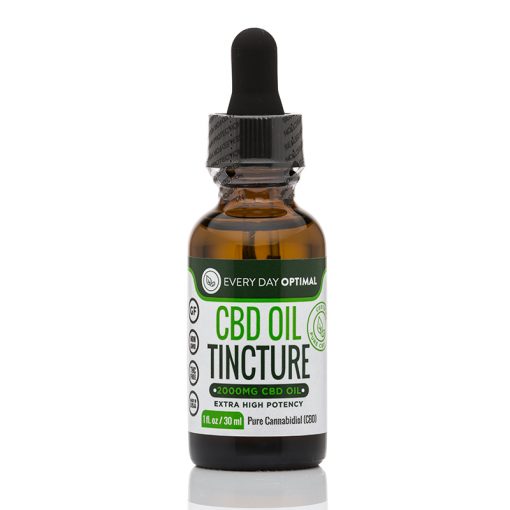No products in the cart.
CBD Laws
Is CBD Oil Legal in Ohio? We’ll Answer All of Your CBD Questions
Table of Contents
At the start of 2020, the USDA approved Ohio’s state hemp plan – but what does that mean for CBD? We will discuss the laws and regulations residents of the Buckeye State should know.
Overview of CBD Laws in Ohio
These are some of the most relevant hemp and CBD laws and regulations that have been enacted federally and in the state:
2014: President Obama signed the 2014 Farm Bill, a bill that allowed for the research of industrial hemp, under certain restrictions.
2018: The 2018 Farm Bill was signed by President Trump. This bill broadened the agricultural and commercial opportunities for hemp and hemp-derived products on a national level. It removed hemp from the definition of marijuana. This meant that hemp-derived products lost their status as a Schedule 1 drug, so long as they have less than 0.3% THC.
2019: In the middle of the year, Senate Bill 57 was signed in Ohio. It legalized the cultivation and processing of hemp for commercial purposes, and defined hemp as being separate from marijuana. It also gives oversight of the hemp program to the Ohio Department of Agriculture, which gives out licenses to those involved in any processes involving hemp. Under the law, universities are also able to cultivate and process hemp for research purposes without licenses.
2020: The USDA approved Ohio’s state hemp program. The rules went into effect at the end of January, and the Ohio Department of Agriculture began accepting applications for cultivation and processing licenses shortly after.
CBD Laws in Ohio: What They Mean
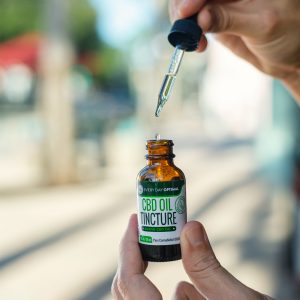
There has obviously been a lot of movement around hemp in Ohio in recent years, all of which has been great for CBD in the state. Luckily for residents, the sale of hemp-derived CBD products and CBD Oil containing no more than 0.3% THC is legal in Ohio. CBD is also well-regulated in the state, which eliminates a lot of safety concerns.
Anyone involved in hemp processes in Ohio must get a license from the Ohio Department of Agriculture. This includes processors of the plant who would be making hemp-derived CBD products to sell. The processor must obtain hemp from a licensed or approved cultivator, either in Ohio or in another state that has a hemp licensing program.
Once a CBD product is created, there are certain labelling and testing requirements that processors must abide by. All hemp products (with a few exceptions, such as hemp used for fiber) need to be tested at an accredited testing laboratory before they can be sold. Once a batch is tested, the lab needs to create a certificate of analysis. The ingredients on the label must match the results of the lab testing process, and the label can’t contain any false or misleading statements or design.
Is CBD Oil Legal in Ohio?
As you can probably guess, it is also legal to sell CBD oil in Ohio. Legal CBD oil must contain no more than 0.3% THC, and needs to be processed under a properly licensed facility. Of course, it must also abide by testing and labelling regulations as established in state law.
CBD Oil Tinctures
$39.99
CBD Oil Tinctures
$69.99
CBD Oil Tinctures
$99.99
CBD Oil Tinctures
$84.99
Things to Know When Purchasing CBD in Ohio
CBD is well-regulated in Ohio, which makes it much safer to purchase hemp-derived CBD products in the state when compared to other states that haven’t established regulations. That being said, not every CBD product you find on the shelf in Ohio is high-quality. Residents in Ohio who are looking for CBD products that are legal, safe to use, and high-quality should look at a few factors to determine whether a company is reputable.
Perhaps one of the most important factors to look at is whether a company does third-party testing.
Ohio requires processors to test CBD products, but whether you are buying from local stores in the state or from online retailers, it is best to double check just to be sure. Through third-party testing, companies can conclude that their products contain the right amount of CBD, and that there aren’t any harmful elements in the formula.
The quality of hemp a company uses greatly impacts the quality of the CBD product. There are plenty of channels through which companies can source their hemp, but the best companies will get it through well-regulated farms. If a farm has substandard agricultural practices in place, they’ll be producing substandard hemp.
Finally, it is important to look at what extraction method a company uses. The method that yields the best results is CO2 extraction, where a machine uses pressurized carbon dioxide to extract CBD from the plant. A lower quality method is ethanol extraction, where the hemp is mixed with an alcohol solvent. Not only does this lead to less potent CBD, but there is also a risk that some alcohol can be left behind in the extracted CBD.
If you are looking for a company that meets all of these standards, you should take a look at Every Day Optimal. We source our hemp from industry leading US farmers, and use CO2 extraction to get the best quality CBD for our products. Once they are crafted, all of our products go through a third-party testing process to ensure they meet our standards of high quality and dose accuracy. Plus, we ship to all 50 states, so you can have your hemp-derived CBD product of choice conveniently shipped right to your doorstep.
Ohio CBD Oil for Sale
The CBD oil laws in Ohio allow for the sale and use of the product in the state. Ohio residents curious about CBD oil should check out what we have to offer. Our line of CBD oil tinctures range in strength from 300mg to 10,000mg, so everyone can find a strength that works perfectly for their needs.
FAQs
How much CBD oil can you purchase at once in Ohio?
There isn’t a limit on how much CBD oil you can purchase at once in Ohio, although some retailers may have their own rules.
Do you need a special license to purchase CBD in Ohio?
No, you do not need a special license to purchase CBD in Ohio.
Is it legal to sell CBD in Ohio?
Yes, it is legal to sell CBD in Ohio.
Is CBD from hemp legal in Ohio?
Hemp-derived CBD is legal in Ohio.
Where can you buy CBD in Ohio?
Ohio residents can buy CBD from local stores or online retailers.
.mapouter{position:relative;text-align:right;height:294px;width:297px;}.gmap_canvas {overflow:hidden;background:none!important;height:294px;width:297px;}

